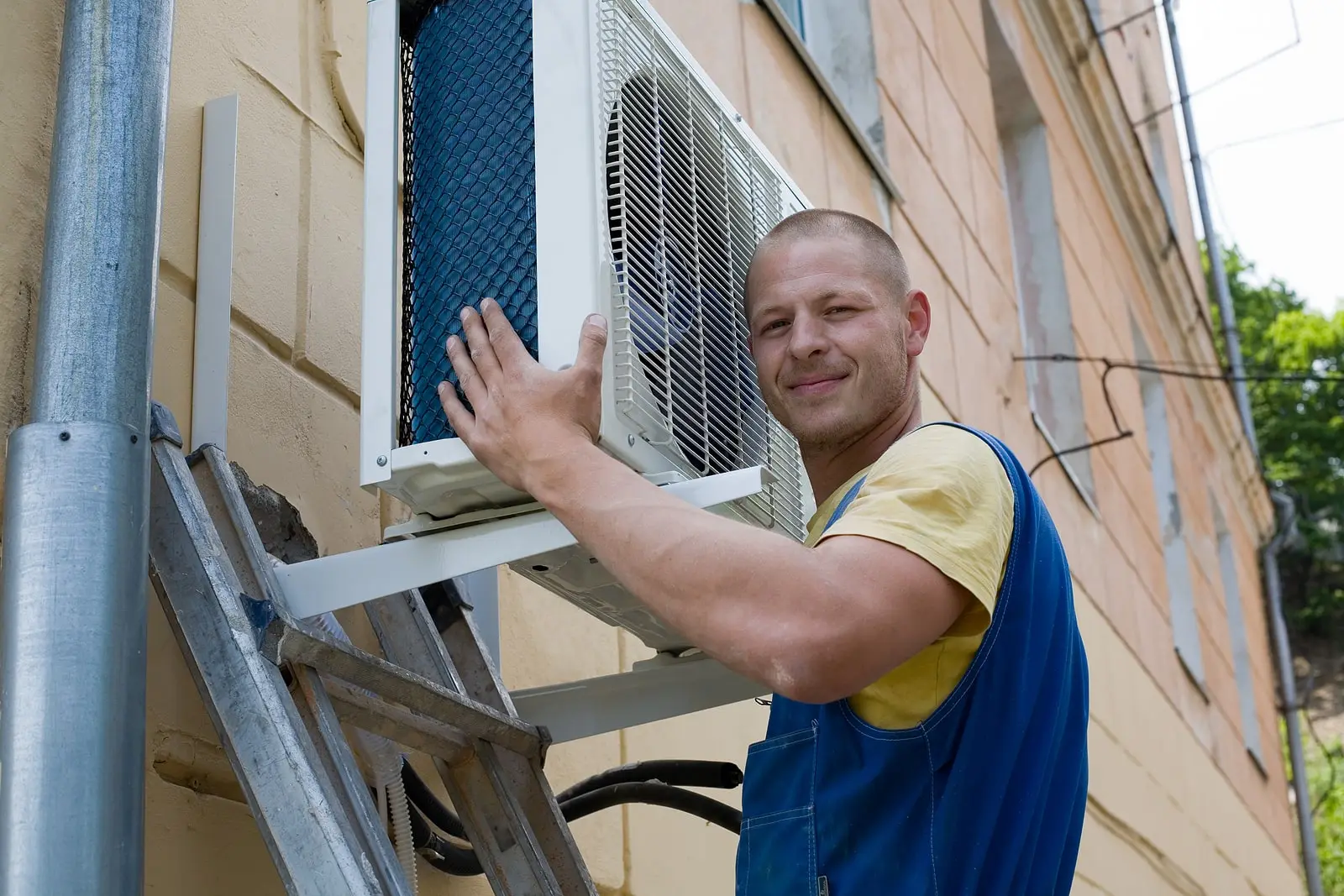
When it comes to cooling your home in Florida, selecting the right air conditioning system can make a significant difference in comfort and efficiency. Two popular options are central air conditioning and ductless AC systems. Each has its advantages and limitations, and understanding these can help you make an informed decision based on your home’s needs.
Central Air Conditioning: Overview and Benefits
How It Works:
Central air conditioning systems use a network of ducts to distribute cooled air throughout your home. The system consists of an outdoor condenser unit and an indoor evaporator coil connected via refrigerant lines.
Advantages:
- Whole-House Cooling: Central AC systems are designed to cool an entire home efficiently. If your home has existing ductwork, a central system can integrate seamlessly and provide uniform cooling to all rooms.
- Air Quality Control: Central AC units often come with built-in air filters that can improve indoor air quality by trapping dust, allergens, and other pollutants before the air is circulated.
- Efficiency: Modern central AC systems can be highly efficient, especially with high-SEER (Seasonal Energy Efficiency Ratio) ratings. They can be more cost-effective for larger homes due to their ability to cool multiple rooms at once.
- Climate Control: Central systems allow for consistent temperature control throughout the home, ensuring even cooling and comfort.
Considerations:
- Ductwork Required: A central AC system requires existing ductwork or the installation of new ducts, which can be invasive and costly if not already in place.
- Energy Use: Running a central AC system can result in higher energy consumption, particularly if the system is oversized or poorly maintained.
Ductless Air Conditioning: Overview and Benefits
How It Works:
Ductless AC systems, also known as mini-split systems, consist of an outdoor condenser unit and one or more indoor air handlers. These units are mounted on walls or ceilings and deliver cooled air directly to individual rooms without the need for ductwork.
Advantages:
- Flexible Installation: Ductless systems are ideal for homes without existing ductwork or for adding cooling to specific areas like additions or converted spaces. Installation is less invasive compared to central systems.
- Zone Control: Ductless AC systems offer zone cooling, allowing you to control the temperature in individual rooms or areas. This can lead to energy savings by cooling only the occupied spaces.
- Energy Efficiency: Ductless systems can be more energy-efficient because they avoid the energy losses associated with ductwork. Many models are designed with high-SEER ratings, providing effective cooling with lower energy consumption.
- Improved Air Quality: Like central systems, ductless units come with filters that help remove airborne particles, contributing to better indoor air quality.
Considerations:
- Aesthetic Impact: The indoor air handlers of ductless systems are visible and may not blend with all home decor. However, they are often sleek and modern in design.
- Initial Cost: While ductless systems can be cost-effective in the long run, the initial investment for multiple units and installation may be higher than a single central AC unit.
Making the Decision: Central AC vs. Ductless AC
When choosing between central and ductless AC systems, consider the following factors:
- Existing Infrastructure: If your home already has ductwork, a central AC system may be the more straightforward and cost-effective option. If not, or if you’re looking to add cooling to specific areas, a ductless system might be preferable.
- Home Size and Layout: Central AC systems are generally better suited for larger homes with multiple rooms. Ductless systems are ideal for smaller homes, specific rooms, or for homes where zoning and flexibility are desired.
- Energy Efficiency and Costs: Evaluate your energy consumption patterns and cooling needs. Ductless systems can offer energy savings through zoned cooling, while central systems may be more efficient for larger spaces.
Conclusion
Both central air conditioning and ductless systems have their benefits and are suitable for different scenarios. Central AC provides efficient whole-house cooling and integrates well with existing ductwork, while ductless systems offer flexibility, energy savings, and the ability to target specific areas. Consider your home’s layout, existing infrastructure, and cooling needs when making your choice.
For expert advice on selecting the best cooling system for your home, consult with a trusted HVAC professional in Florida. They can provide insights based on your specific needs and ensure you make an informed decision for optimal comfort and efficiency.